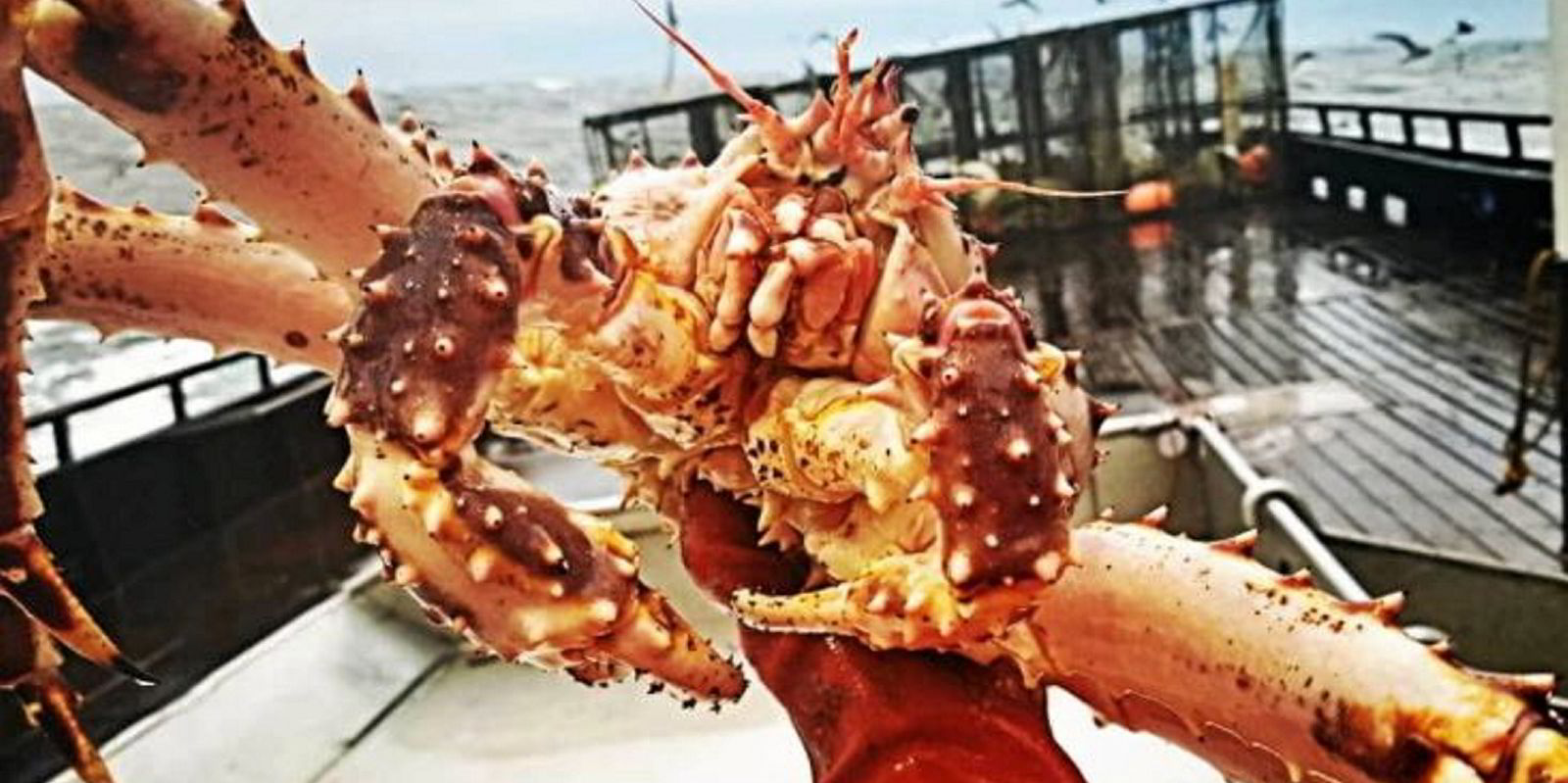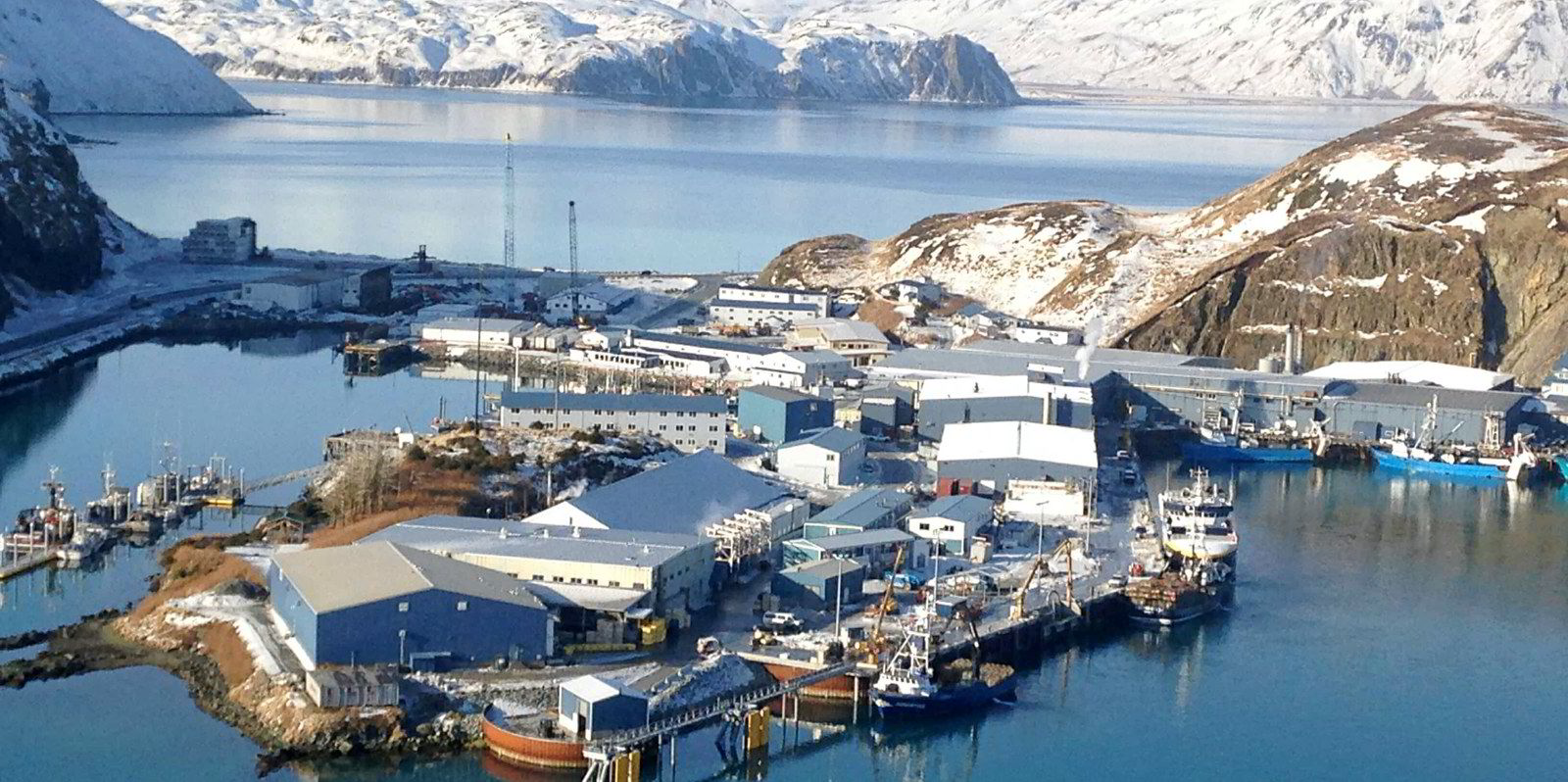Some of the world's most important crab fisheries will be closed for the second consecutive season, including Alaska's lucrative Bristol Bay red king crab fishery.
The Alaska Department of Fish & Game and the National Marine Fisheries Service (NMFS) announced Sunday it would cancel red king crab fishing seasons in Bristol Bay and the Saint Matthew Island districts, as well as blue king crab fishing in the Pribilof and Saint Matthew Island districts.
In addition, the agency also closed harvesting for snow crab in the Bering Sea.
The agencies cited populations below the safe threshold for opening.
The closure is just the fifth time in the fishery's history it's been closed, and only the second time in 25 years.
Last year, the Alaska industry was stunned by the closure of the Bristol Bay king crab fishery.
The Bristol Bay red king crab total allowable catch (TAC) has been steadily declining over the past decade as regulators reacted to declining biomass levels.
A decade ago, regulators set the TAC at 6,730 metric tons, or just under 14.8 million pounds. But by the 2017-2018 season that had slid to around half that level.
The Alaska king crab harvest is one of the most lucrative fisheries in the United States. Last year's closure resulted in an estimated loss of over $200 million (€181.6 million) worth of harvests, Alaska Bering Sea Crabbers Executive Director Jamie Goen told IntraFish.
Finding a replacement supplier this year will be harder than ever, with the United States banning the import of king crab from Russia over its invasion of Ukraine. In addition, prices have grown sharply over the past year due to inflation, and were already at record levels prior to the Bristol Bay closure.
ADF&G said Sunday that it would redouble its efforts to understand the low stocks.
"Efforts to advance our science and understanding of crab population dynamics are underway," ADF&G said.
The agency added that it would "continue to evaluate options for rebuilding, including potential for sustainably fishing during periods of low abundance."
Read more
- A 'very frustrated' Maine lobster industry says it's paying the price for Canada's failures
- New round of Russian government quota program would lead to mass fishing company bankruptcies, critics warn
- With few alternatives, fears grow that Russia’s crab harvesters may suspend fishing over export bans


